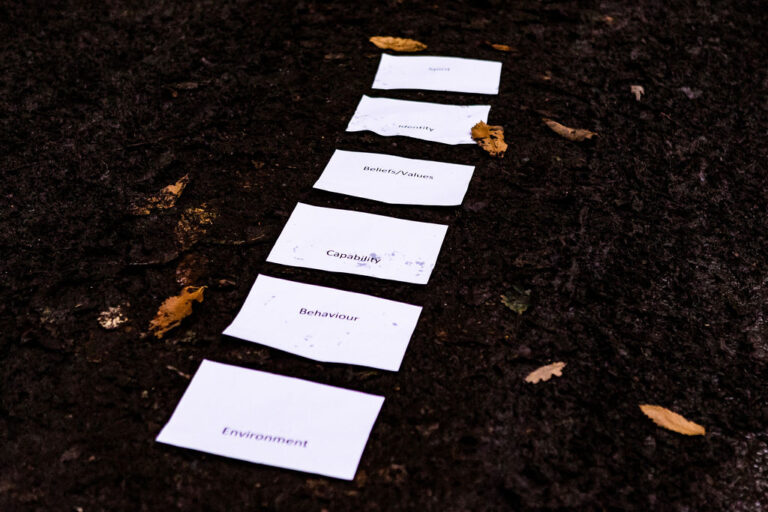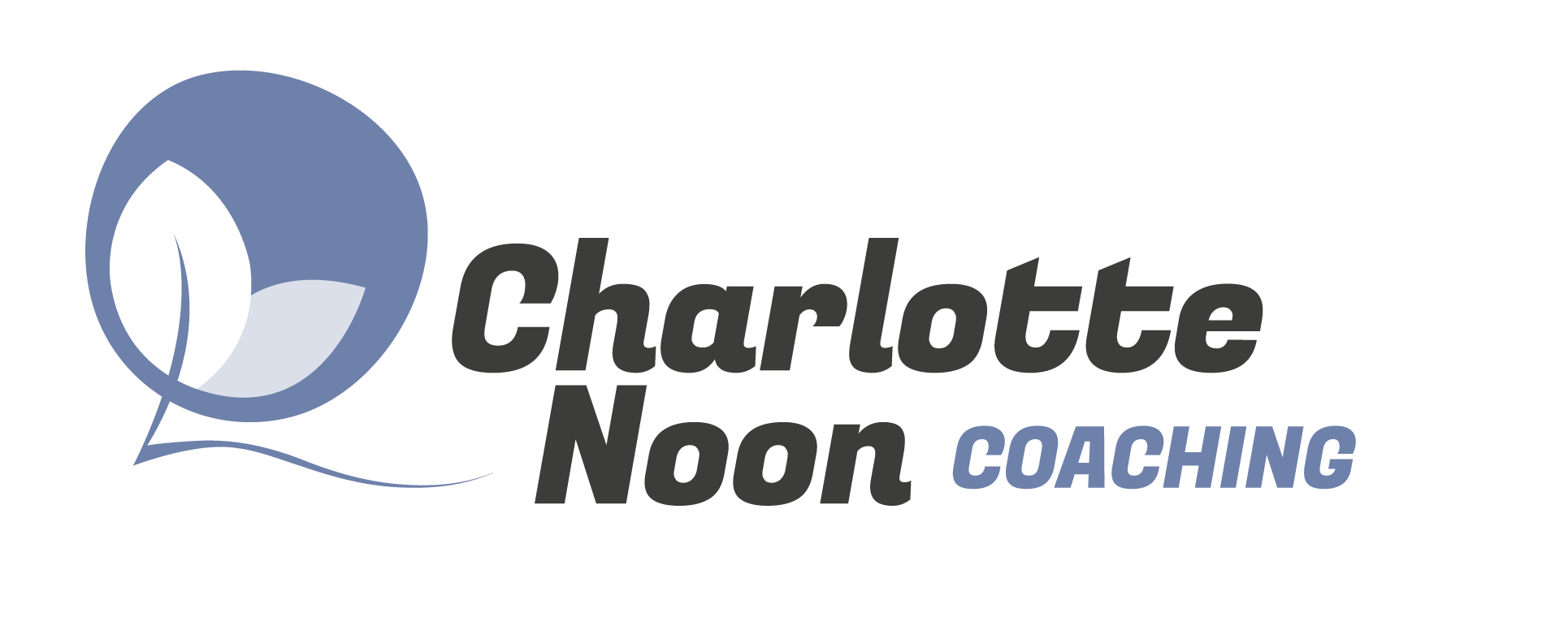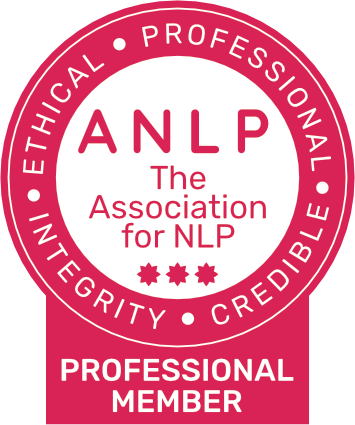How much revision should your teen be doing over the summer break?

Do you have a teen in Year 10 or Year 12? Are you wondering how much revision they ought to be doing over the summer holidays?
The truth is that there is no simple answer to this question.
For the past 4 weeks, I have been running coaching sessions for students in Years 10 and 12. We have been setting goals and working out summer revision timetables.
So far, no single revision timetable has looked the same. Why? Because no two people are the same.
For some, getting up early each day and working for an hour so that they can have the rest of the day off was the ideal plan.
Some decided to revise only on Mondays and Tuesdays.
Some wanted to revise for several hours a day because they are aiming for straight 9s.
Some wanted to revise for no more than 20 minutes in one go because they know that they would lose concentration if they worked for any longer.
Some decided that they would take off several weeks to enjoy their family holiday.
I have made a point of refusing to “tell” the young people I work with how much revision I think that they “should” be doing over the summer (even though some of them have asked me to!)
Teens are so used to being told by the adults in their lives what they should be doing that it can feel a little unfamiliar for them to make these choices by themselves.
However, for a revision timetable to be successful, it is so important that they call the shots.
By the end of the 4 coaching sessions, each and every one of the teens I have worked with has gone away with a summer revision timetable (designed by them) that is clear, realistic and fits with their own individual values, aspirations, learning needs and revision preferences.
This is the key to unlocking motivation.
So, how can you help your teen to make these choices?
You can help them explore their feelings and attitudes towards revision in terms of a kind of ladder to discover what is important TO THEM (not to their parents, teachers, friends, grandparents, aunts, uncles or neighbours…). It’s astounding sometimes just how many people like to offer their opinion when it comes to revision!
I use Robert Dilts’ Logical Levels to help teens to explore and analyse what is going on for them in terms of their learning.
It consists of six levels:
Level 1: Environment: The external factors that surround teenagers, such as their physical surroundings, people, and resources available to them.
Environment is often underestimated when it comes to revision. Many assume that to revise effectively, we must be sat at a desk in a quiet room. For some, this is the WORST environment for them.
- Does your teen need total silence? In which case, when is the best time for them to get this?
- Do they work more effectively when they are listening to music?
- Do they prefer to change their location regularly (this is a big one for me!)?
- Do they learn more by listening to revision resources whilst on the move?
Remember, revision does not have to “look” a certain way to be effective.
Level 2: Behaviour: Observable actions or reactions that teenagers engage in, both consciously and unconsciously.
This is not about labelling behaviour as “good” or “bad” – it’s about exploring patterns of behaviour with curiosity and without judgement.
I work on the premise that every behaviour has a positive intention so if, for example, your teen is procrastinating when it comes to revision (a common one!), what positive outcome are they unconsciously gaining from this?
Is it a desire to protect their free-time?
Is it a fear of failure? (see beliefs)
Is it that they don’t know where to start?
Level 3: Capabilities: The skills, abilities, and knowledge that your teen has and uses to accomplish their goals.
I strongly believe that we as humans have the capabilities to do anything we choose.
Every teen I have ever worked with has more capabilities than they give themselves credit for but often they believe differently (again, see beliefs below).
Level 4: Beliefs and Values: The deep-seated thoughts, convictions, and personal principles that guide your teenagers' decision-making.
Beliefs
It’s usually once we reach this level of the ladder that the really interesting (and important) stuff begins to come out. It might look like some of the following:
“I am only capable of a grade 4 because that’s what I have been predicted”.
“I’ve never been good at English”.
“I’m not smart”.
These are not facts. They are beliefs.
And once we recognise them for what they are and clear them, suddenly the future looks a whole lot brighter and motivation often then comes effortlessly.
Values
Once we get to this point, we usually begin by making a list: what is important to you this summer?
Often, some of the following will come up.
- Travel
- Days out
- Freedom
- Rest
- Time with Friends
- Time with Family
- Hobbies
This is the MOST important stuff when it comes to creating a revision timetable. If these most important values are not being met for your teen, they will resent every second that they spend revising.
They will feel so much more motivated if they know that they can have all of these things AND still revise.
Level 5: Identity: The core sense of self and your teen's beliefs about who they are and their role in the world.
Often these can be identified by “I am” statements.
“I am smart.”
I am not smart.”
“I am average.”
If your teen has accepted that being “average” is part of who they are, this will influence their decisions around study.
They might set the bar low in terms of predicted grades.
They might not attempt to aim for a grade that a friend who they believe to be “smarter” is aiming for.
Level 6: Purpose: Your teenager's overall sense of meaning, direction, and vision for their life, which influences their motivation and drive.
This level is the MOST powerful. Once your teen has identified what is truly important to them and what they truly want out of life, they can begin to work backwards from there.
It is not uncommon for teens who once thought that English or Maths was a “total waste of time” to find the motivation to study really hard for it once they realise that it is the “ticket” to get on the college course that will get them onto the career path of becoming an architect, or a mechanic or game creator …
Yes, I know 4 hours is a really long time to take to write a revision timetable. You may be thinking that you could produce a summer revision timetable for your teen in 15 minutes and you probably could.
But it would be your timetable – reflecting your beliefs, your goals, your aims, your values.
Your teen is far less likely to stick to a timetable created by a parent or a teacher for this reason.
In my experience, a revision timetable is far more likely to be successful if your teen creates it for themselves so that it fits with their own aspirations, goals and values.
If you would like more guidance on how to help your teen get ahead for year 11, check out my blog here: How to help your year 10 teen get ahead for year 11 – Charlotte Noon Coaching
If you would like me to help your teen get organised and prepared for Year 11 or year 13, let’s chat.

